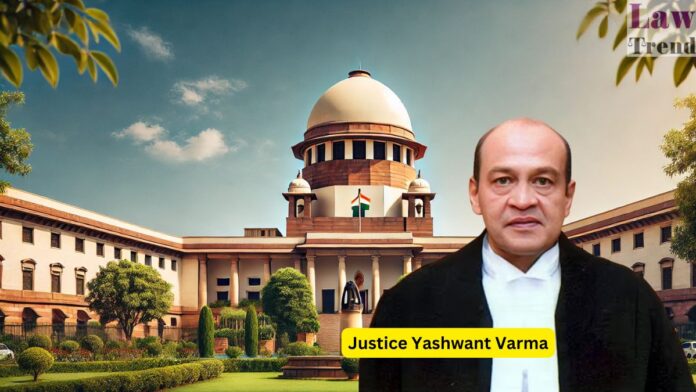The Supreme Court on Friday refused to entertain a plea seeking the registration of an FIR against Justice Yashwant Varma of the Delhi High Court following the discovery of a significant amount of cash at his residence on March 14. The petition, filed by advocates Mathews J. Nedumpara and Hemali Suresh Kurne, was declined by
To Read More Please Subscribe to VIP Membership for Unlimited Access to All the Articles, Download Available Copies of Judgments/Order, Acess to Central/State Bare Acts, Advertisement Free Content, Access to More than 4000 Legal Drafts( Readymade Editable Formats of Suits, Petitions, Writs, Legal Notices, Divorce Petitions, 138 Notices, Bail Applications etc.) in Hindi and English.




